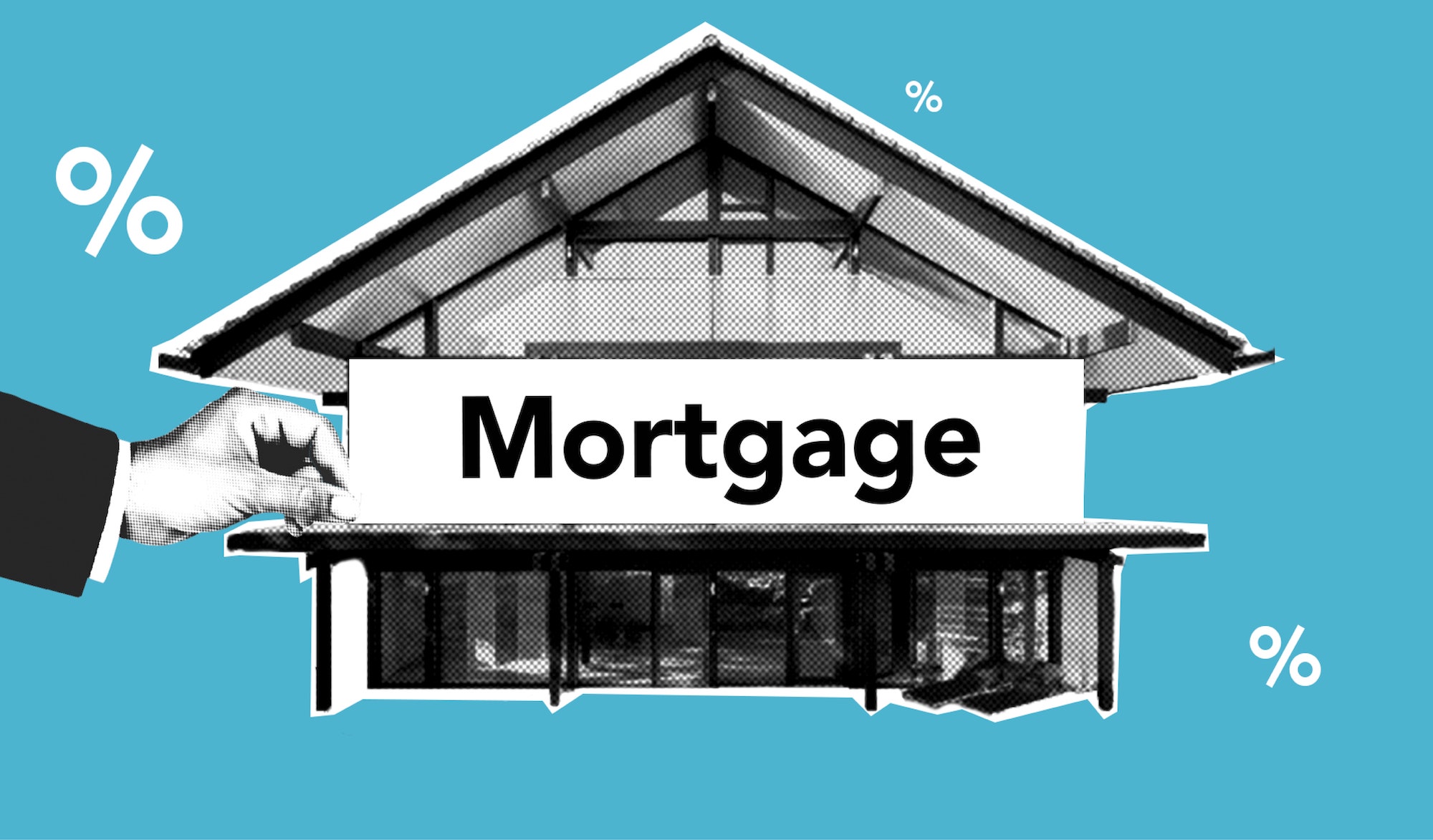At least half of retirees could be losing out on hundreds of pounds worth of interest each year in savings accounts with rates of 3% or less, new research from PensionBee has found.
The research from the online pension provider has found that 42% of British pensioners aged between 66-80 have substantial cash savings, ranging from £20,000 to over £200,000 after a lifetime of work.
A quarter of working adults have savings of less than £1,000 in cash savings, with only 17% of this demographic reporting cash balances exceeding £20,000. Just 1% of those in the working age bracket have saving worth in excess of £200,000, compared with 5% of those aged 65 and over.
A retiree with a savings balance of £50,000 in an account paying 2% interest would receive £1,000 in interest after one year. However, compared to a 5% rate, the difference will be around £1,500, with interest payments totalling £2,500 a year.
However, for a working age adult with £5,000 in savings, the difference between the 2% and 5% accounts a year would be £150 in lost interest.
The research found that a higher proportion of over-65s reported having best buy interest rates on their savings, with a third (33%) reporting that they have a rate of 4-5%, compared with just under a quarter (24%) of working age adults.
Director of public affairs at PensionBee, Becky O’Connor, said: “The older generation has the most to lose from keeping money in an account that does not pay a competitive rate of interest. Sadly, it appears a high proportion are missing out on the best savings rates. When choosing accounts, hundreds of pounds of interest a year is at stake for retired people, who in general have built up more substantial savings over the years than younger workers.
“Older people need whatever wealth they have built up to last their whole retirement, potentially pay for some care and also to leave an inheritance. It’s crucial this money is preserved and so some prefer the safety of cash accounts to leaving their retirement money in the stock market. So making sure they are getting the best return possible on their savings is really important.
“As interest rates rise and some, but not all, cash savings accounts become more rewarding, it’s important for all savers to also consider things like the maximum limit for Financial Services Compensation Scheme (FSCS) compensation cover of £85,000 and also the personal savings allowance, which allows basic rate taxpayers to earn £1,000 in interest a year before interest becomes taxable.
“For years, this allowance has barely been a concern. However now, more people, especially retired people, will find they meet the allowance relatively easily. A basic rate taxpayer with just over £20,000 in an account paying 5% a year could find they face an interest tax bill, for example.”
Latest News
-
Average UK house price surpasses £300k – Halifax
-
Bank of England holds base rate at 3.75%
-
Mortgage Advice Bureau acquires Dashly
-
Bridging loans fall to lowest average completion time in eight years
-
Regulators announce first six firms to join ‘Scale-Up Unit’
-
House prices recover month-on-month in January – Nationwide
Perenna and the long-term fixed mortgage market

Content editor, Dan McGrath, spoke to head of product, proposition and distribution at Perenna, John Davison, to explore the long-term fixed mortgage market, the role that Perenna plays in this sector and the impact of the recent Autumn Budget
The role of the bridging market and technology usage in the industry
Content editor, Dan McGrath, sat down with chief operating officer at Black & White Bridging, Damien Druce, and head of development finance at Empire Global Finance, Pete Williams, to explore the role of the bridging sector, the role of AI across the industry and how the property market has fared in the Labour Government’s first year in office.
NEW BUILD IN FOCUS - NEW EPISODE OF THE MORTGAGE INSIDER PODCAST, OUT NOW

Figures from the National House-Building Council saw Q1 2025 register a 36% increase in new homes built across the UK compared with the same period last year, representing a striking development for the first-time buyer market. But with the higher cost of building, ongoing planning challenges and new and changing regulations, how sustainable is this growth? And what does it mean for brokers?
Does the North-South divide still exist in the UK housing market?

What do the most expensive parts of the country reveal about shifting demand? And why is the Manchester housing market now outperforming many southern counterparts?
In this episode of the Barclays Mortgage Insider Podcast, host Phil Spencer is joined by Lucian Cook, Head of Research at Savills, and Ross Jones, founder of Home Financial and Evolve Commercial Finance, to explore how regional trends are redefining the UK housing, mortgage and buy-to-let markets.
In this episode of the Barclays Mortgage Insider Podcast, host Phil Spencer is joined by Lucian Cook, Head of Research at Savills, and Ross Jones, founder of Home Financial and Evolve Commercial Finance, to explore how regional trends are redefining the UK housing, mortgage and buy-to-let markets.
© 2019 Perspective Publishing Privacy & Cookies










Recent Stories